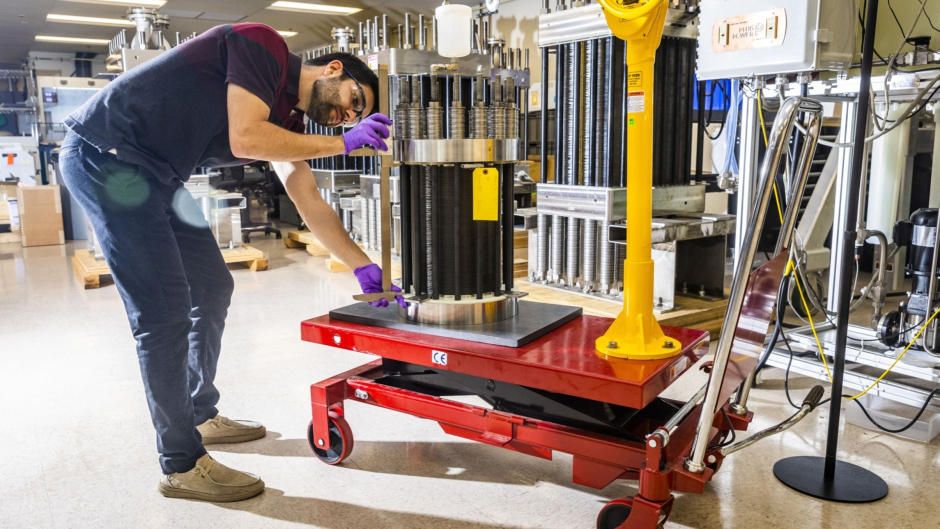If the world needs to achieve zero emissions, then changes in gas production are essential. In today’s world, many industrial processes depend on combustible gas. Hydrogen is used as rocket fuel uses to produce Ammonia. It is a vital fertilizer component to remove sulphur from oil. Around 80% of the gas produced is used in this way.
Moreover, it is also used in making plastics, textiles, pesticides, explosives, and dyes. However, the current production of the gas depends on fossil fuels. International Energy Agency based in Paris has calculated the estimated count that accounts for 6% of global natural gas and 2% of global coal consumption. Hydrogen production pumps out about 830mn tonnes of carbon dioxide per year, which is equivalent to the carbon dioxide emissions of the UK and Indonesia.
Nowadays, many policymakers are trying to use hydrogen to achieve net zero greenhouse gas emissions by 2050. If the theory works, then it will be helpful to play an integral part in de-carbonizing manufacturing and displacing fossil fuels in power generation and transport. Though, the aim of transforming hydrogen into a clean energy and chemical stock depends on the rapid building of electrolysis. It separates the water-a compound of hydrogen and oxygen into its constituent elements.
The process will surely help to generate green hydrogen. Indeed the prices will be enormous for the project, according to Kufi Mbuk, a senior clean tech analyst at London-based think tank Carbon Tracker. However, its a dramatic change in the price of hydrogen sparked by the invasion of Ukraine by Russia, according to Mbuk. Regardless of the conflict’s outcome, the result will be greater interest in expanding renewable energy sources, including green hydrogen. He presented a rough calculation of almost $73 billion to produce green hydrogen since the start of the conflict. He also stated that the hydrogen derived from clean power sources would be cheaper in Europe than the hydrogen from more polluting alternatives.
The US also favors producing green hydrogen as it is trying to boost its economic competitiveness against natural gas. The US is also planning to build an electrolyzer and liquefaction plant in Belgium. The plant will be able to generate a supply of around 12,500 tonnes a year of liquid and gaseous green hydrogen to the European market by 2025. Andy Marsh, Plug’s Chief Executive, stated that the energy crisis in Europe resulting from geopolitical risks had accelerated the demand for green hydrogen development projects. In September, Ursula Von Der Leyen, president of the European Commission, presented the plan for a European Hydrogen Bank. According to that, the bank will provide the sector with € 3bn in development funds. She said hydrogen could be a game changer for Europe. Undoubtedly, it is vital to diversify our energy sources. However, we need to bring this niche market to scale.
On the other hand, green hydrogen will be essential in storing intermittent renewable energy as battery technology. However, it may not be an appropriate energy source if we have direct electric power, argued Mbuk. At the same time, inefficiencies of electrolyzation over its use in water-stressed environments can limit its growth. He also said we may loose up to 35% of energy in electrolysis. It makes no sense to utilize hydrogen to generate electricity when you don’t have to.
According to the IEA report presented in September, the cost of electrolytes may fall by 70% compared with today. If we combine it with cheaper renewable energy, it may fire up the demand for green hydrogen.
Alas, by 2030 the production of low-emission hydrogen will expand to reach 16mn-24 mn tonnes per year. In contrast, 9mn-14mn tonnes of this is based on electrolysis. That will be enough to overturn hydrogen’s value as a vital source of a greenhouse gas emissions.
Read more:













